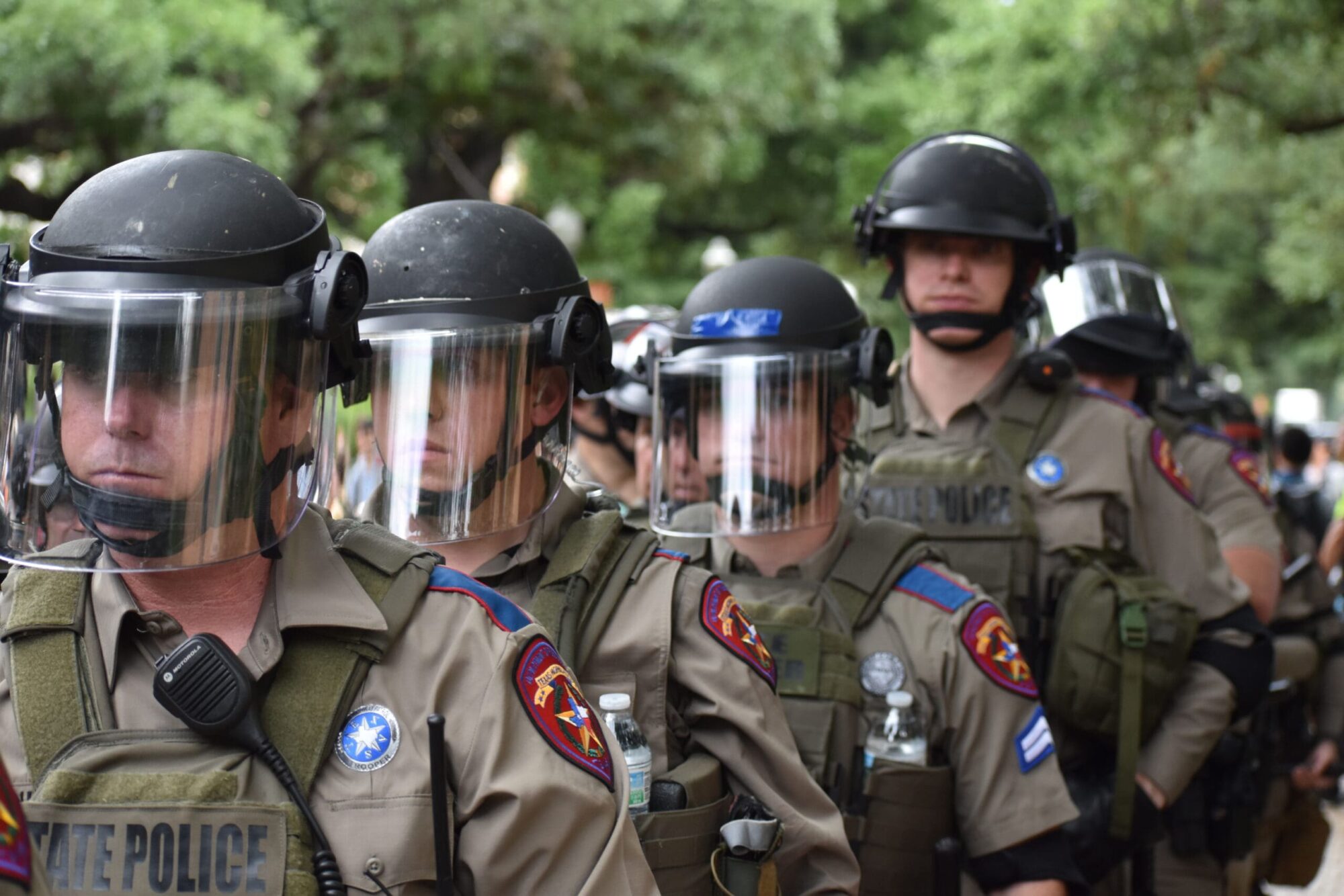Following a hiring debacle involving the leftist “diversity, equity, and inclusion” ideology, the Texas A&M president resigned and the TAMU Board of Regents has since appointed a new president.
In June, Texas A&M attempted to hire a DEI-promoting professor. Kathleen McElroy had a history of advocating for diversity measures and keeping track of faculty demographics to make the University of Texas—where she still works—more welcoming to those who are not “cisgender straight White men.”
In response to public outrage, Texas A&M began changing McElroy’s proposed contract before ultimately settling on a one-year deal as a professor without tenure and a three-year appointment as the director of the journalism program—with emphasis that she could be terminated at any time.
McElroy eventually turned down the job, and former TAMU President Kathy Banks resigned over the scandal.
Following Banks’ resignation, Mark Welsh, who had been the dean of TAMU’s Bush School of Government and Public Service since 2016, was appointed interim president.
He retired from the U.S. Air Force as a four-star general in 2016 but has faced criticism over the past several months for his support of Diversity, Equity, and Inclusion (DEI) principles, his belief in white privilege, and his past position serving as an Obama-appointee to the Joint Chiefs of Staff.
Despite Welsh’s support for ideologies that embroiled Texas A&M in scandal over the summer, the Texas A&M Board of Regents has appointed him as the new president of the flagship university in College Station.
However, the Texas Legislature passed Senate Bill 17 by Brandon Creighton (R-Conroe) this year to mitigate DEI activism in Texas’ universities. SB 17 prohibits Texas universities from hiring employees to “perform the duties” of a DEI office and is supposed to block any promotion of policies, training, or activities “designed or implemented in reference to race, color, or ethnicity.”
The measure will also prohibit universities from requiring ideological oath statements relating to race, equity, antiracism, and social justice, but universities may still hire candidates based on their studies of these topics.
SB 17 takes effect January 1, 2024.
“Pres. Welsh has remarked that he would have voted against SB 17, but now he is in charge of implementing it. He has indicated that recruitment will not be affected by the new bill. Will the internal processes and programs change though? Only time will tell. DEI statements were used still in the Bush school, before exposure led to them being erased,” Senior Director of State Coalitions at the Claremont Institute’s Center for the American Way of Life Scott Yenor told Texas Scorecard.
He advised lawmakers to be on the lookout for whether universities are upholding the new legal requirements for disbanding DEI offices.
Lawmakers should look at how DEI personnel have been redeployed. Have offices of Diversity, Equity, and Inclusion merely been relabeled into Offices of Community Engagement and Belonging, or have their personnel been sent packing or back to academic departments? That will be the key indication of the success of SB 17.




